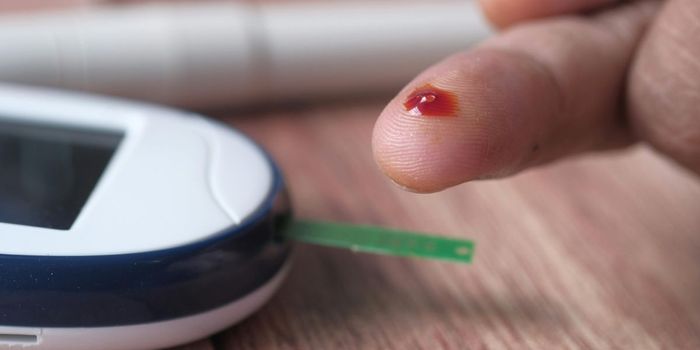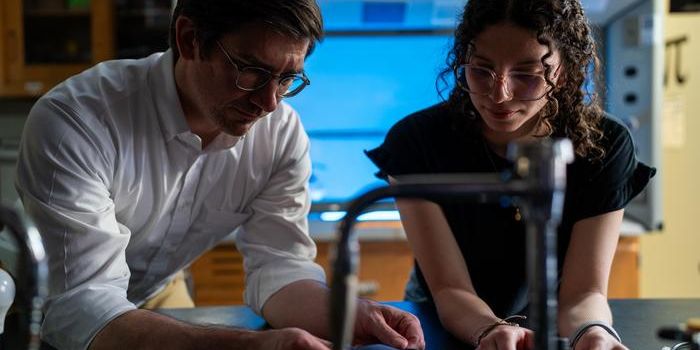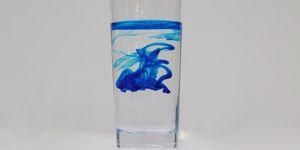Long awaited at-home test gives hemophiliacs peace of mind
Haemophilia is a genetically-inherited condition that severely affects an individual’s ability to stop bleeding. Blood clotting is a natural protective response, orchestrated by circulating proteins known as clotting factors.
In the event of an internal or external bleed, a cascade of hematological events is quickly triggered to minimize damage. Firstly, blood vessels shrink to constrict blood flow. Next, blood cells called platelets are activated and interact with other blood proteins, such as fibrin, to create a mesh dam-like structure. The video below highlights the complex biology of the clotting process.
Managing hemophilia involves a delicate balance of measuring a patient’s coagulation status, or the ability of their blood to form a clot, and then administering an appropriate therapeutic dose of a clotting factor. If the coagulation status is too low, the patient risks massive internal bleeding. Too high, and blood clots can spontaneously form in veins and arteries, spiking the risk of a heart attack or stroke.
Japanese pharmaceutical giant, Takeda, in partnership with technology developed by Dutch biotech, Enzyre, is creating the first diagnostic test for hemophilia patients -- allowing them to measure their coagulation status accurately from the comfort of their own homes.
This development is a long time coming for the 400,000 people living with hemophilia around the world, who mostly manage their condition on their own, only seeking medical care when urgently required. An at-home diagnostic tool can provide much greater control over managing their health effectively.
The device, known as the ENZYPAD (pictured below), painlessly takes a sample of blood from the patient and runs the test on a microfluidic cartridge. The test results are instantly available to patients, caregivers and their physicians via a mobile app. With this life-changing technology, patients can confidently lead active lifestyles without worrying about their risk of bleeding or having to perform traditional blood tests at a hospital.
Inspired by creating solutions to improve hemophiliacs’ quality of life, Dirk Pollet, CEO of Enzyre said, “With our proprietary technology, we aim to provide hemophilia patients and their caregivers with peace of mind by allowing them to monitor coagulation status at home. Ultimately we'd like to empower these patients to live a normal life.”
Other pharmaceutical companies, such as Pfizer and Sangamo Therapeutics are also developing clinical strategies to support hemophiliacs, by taking a gene therapy approach. They recently disclosed some promising results from a gene therapy clinical trial, in which the gene for Factor VIII (the missing link for patients with Hemophilia A) was delivered to the liver of patients. This stimulates the liver to act as a factory for Factor VIII, bringing circulating levels of the clotting factor up towards the normal range and protecting against bleeding.
With improved point-of-care diagnostics and next-generation therapies for hemophilia just around the corner, families living with hemophilia can expect much more peace of mind.
Sources: Fierce Biotech, NHS, Hemophilia News Today.










